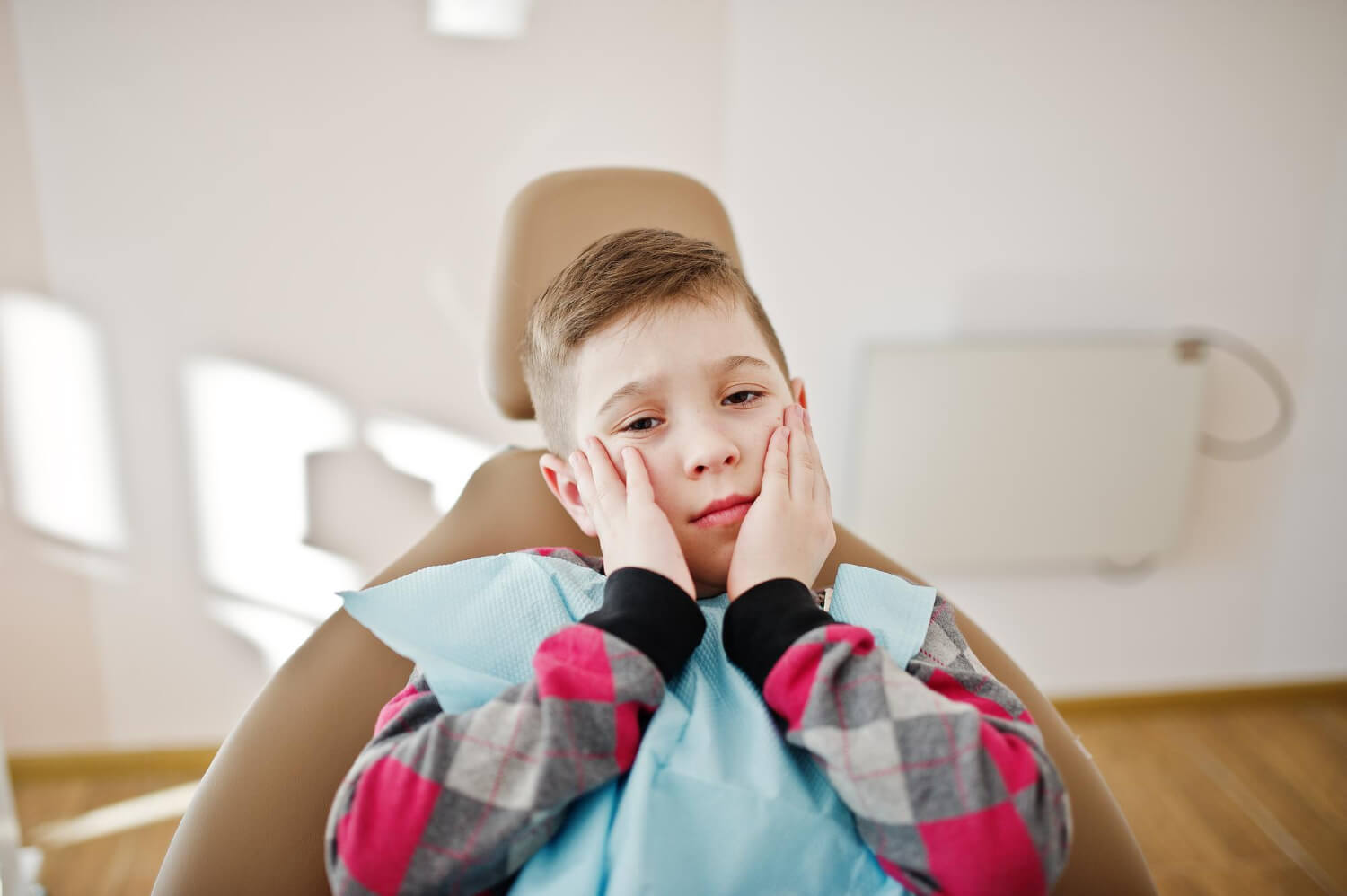
What to do if your child is anxious?
A good starting point for preventing anxiety about the dentist is to never tell your child that "it won't hurt". This is because children initially have a fairly neutral image of dentists and orthodontists. As a result, asking him to be quiet because "it won't hurt" is the worst possible service to do. Children aren't stupid, so they'll immediately retort "ah, I didn't know it was going to hurt!" and start to fear the dentist. What's more, during the first visit, the orthodontist is usually content to explain clearly to the child how the next session is going to work, so as to put him or her at ease. To do this, he or she can emphasize a number of points, such as :
- The idea that it's not in the dentist's interest to hurt the child.
- The importance of parents. Nervous children are the ones who cry the most. As the specialist's allies, parents play a key role in their child's relationship with the dentist. However, if they are very anxious themselves, it's best to have them wait in the waiting room.
How do you put an anxious child at ease?
The most effective way to manage the child's nervousness is to fill the moments without words. Silence, mixed with the sounds of the procedure, gives the child the feeling that the orthodontist is doing something weird that he should be afraid of. Talking to him usually works as a natural calming influence. For extremely nervous children, sedation remains an option.
What if the parents are more nervous than the child?
In most cases, the parents are more nervous than the child.
While this concern is entirely understandable (albeit irrational), it is absolutely essential not to communicate it to the child. It's very rare to have to ask parents to leave the room, but in some cases this may be the best solution.
Book your first visit now

.jpeg)
